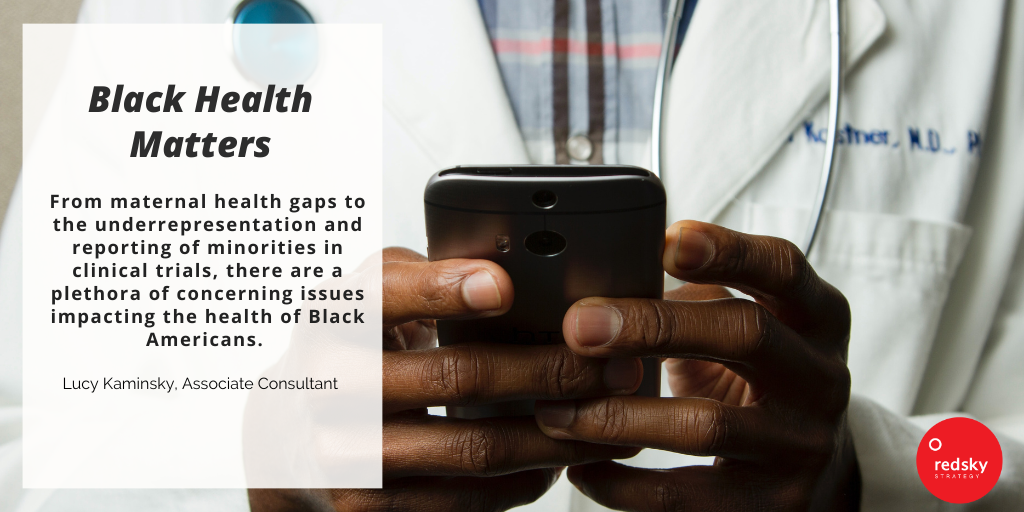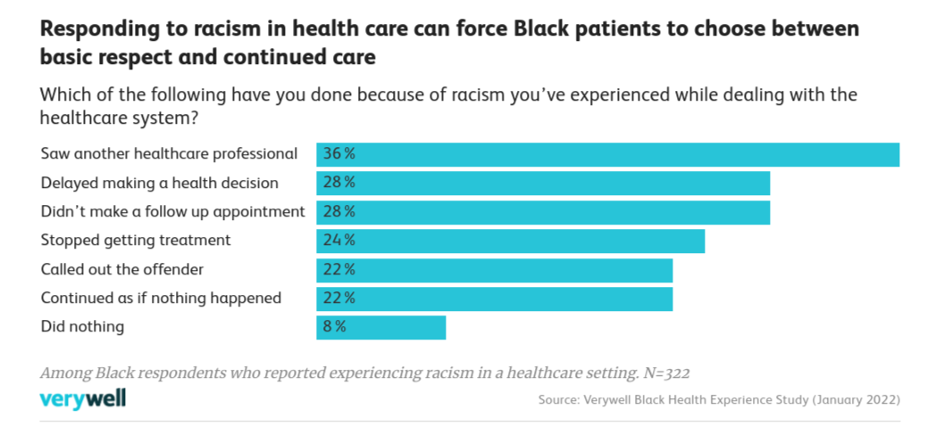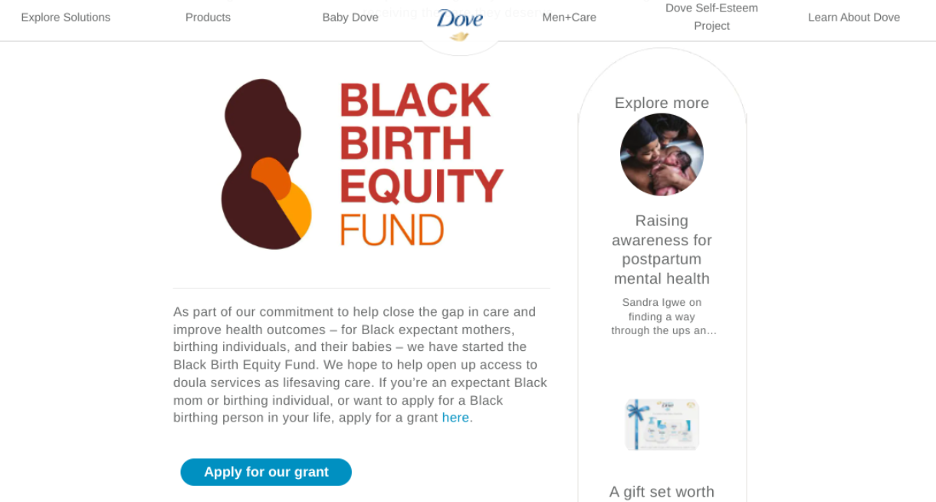News
Black Health Matters!

Image Credit: https://unsplash.com/photos/L8tWZT4CcVQ
June is Black Lives Matter Month. From maternal health gaps to the underrepresentation of minorities in clinical trials, there are a plethora of concerning issues impacting the health of Black communities in America.
Lack of Black Participants in Clinical Trials
According to the Harvard Business Review, clinical trials are primarily made up of white, male patients. People of color represent between 2% and 16% of patients in trials, despite making up nearly 40% of the U.S. population.
This issue of underrepresentation became particularly evident during the pandemic. As reported by Reuters, COVID-19 infection rates of Black Americans were nearly three times of white Americans. They’re also twice as likely to die from COVID.
Moderna’s initial clinical trial for its COVID-19 vaccine consisted of a sample with only 7% Black participants, whereas the population of Black Americans is nearly double that, at 14% of the population. After enrollment updates (released by Moderna after Friday afternoon) reflected the lack of participant diversity, its shares were down more than 8%. Quickly after, Moderna delayed the trial to recruit more people of color, a rarity in clinical trials where diversity is almost never a priority.
A Lancet Regional Health research study found that, of nearly 20,700 U.S.-based trials with reported results, less than half (43%) reported any race or ethnicity data. In trials where race was reported, about 80% of participants were white, 10% were Black, and 6% or Hispanic/Latino.
The findings also showed that “industry and Academic funding were negatively associated with race/ethnicity reporting”. Researchers discovered that, when compared to U.S. government-funded trials, industry-funded trials were associated with less race/ethnicity reporting and with lower rates of minority race/ethnicity enrollment. Fewer than a quarter of trials report enrollment data for all five major race/ethnicity groups.
Lack of diversity is a serious issue, especially when Black people suffer from illnesses at higher rates. There has been considerable coverage over the FDA’s approval of Aduhelm, a newly approved (and hotly debated) Alzheimer’s drug, yet no conversation around poor diversity in Alzheimer’s clinical trials – Black people are more likely than white people to develop Alzheimer’s disease, yet Black people account for a mere 2% of participants in Alzheimer’s clinical trials. This is another example of how the minority groups most affected by an illness are severely underrepresented in the trials aiming to treat them.
Disparities in Birthing and Maternal Health
Research has shown the alarming crisis of Black women dying during pregnancy and labor. The rate of pregnancy-related deaths in Black women is three times what it is for white women. Part of this can be attributed to lack of access to postpartum care, paid maternity leave, and maternity care providers. The combination of limited access to health care and discriminatory attitudes toward Black people (particularly women) and their bodies is causing a devastating disparity. “These are the result of centuries of laws in a systematic, systematically racist health care system that too often discounts our pay, ignores our voices, disregards our lives,” explained Massachusetts representative Ayanna Pressley. “Birthing while Black should not be a death sentence.”
The Damaging Health Experience of Black Americans
Considering the above information, it’s unsuprising that Black Americans have negative perceptions, attitudes, and experiences with healthcare in the U.S. A Verywell survey found that half of Black Americans agree that the healthcare system is racist.
One-third reported experiencing racism within the healthcare system, causing them to make decisions that interfere with their care, such as changing providers or avoiding follow-up appointments.
 Contributing to the mistrust is a lack of representation. Just 25% of Black Americans surveyed said they’ve seen a provider of the same race as them, and only half said they felt like their doctor was familiar with Black patients.
Contributing to the mistrust is a lack of representation. Just 25% of Black Americans surveyed said they’ve seen a provider of the same race as them, and only half said they felt like their doctor was familiar with Black patients.
Bettering Health Care for Black Americans
How do we create a better, more equitable health care system for Black Americans? To start, we need more high-quality, representative clinical research to truly understand how racism and race impact health. We also need equitable representation in trials and studies to accurately reflect our population.
One important step is to create a more welcoming and diverse health care workforce. Provider shortages can make it even more difficult for Black Americans to access equitable care. However, more Black people entering STEM jobs, which are currently unrepresentative, can help diversity the workforce and increase the amount of providers available who share the same race as their patients.
For this to happen, it’s imperative that the STEM college experiences break down discrimination and estbalish a more inclusive environment. According to Pew Research, about one-third of Black STEM college graduates had someone treat them as if they were unable to understand the subject matter or like they didn’t belong in the classes. Additionally, two-in-ten said they had someone repeatedly make negative comments regarding their race or ethnicity.
It’s also essential for brands to thoughtfully and purposefully engage with and address Black health and incorporate diversity in their marketing.
There are a handful of organizations and brands that set a good example and represent opportunities to show support for Black health care improvements. For instance, last year, Baby Dove created the Black Birth Equity Fund to help provide Black expecting mothers with access to doula services.

Pampers also launched an NFT project to advocate or Black women’s maternal health. THe project included a partnership with LL Cool J’s Rock the Bells, with proceeds going to Black Mamas Matter Alliance.
As with any social, political, or cultural stance, it can’t be performative; companies need to practice what they preach and be authentic in their approach. A good start could be acknowledging the shortcomings of research within their organization and taking proactive measures toward Diversity, Equity, and Inclusion (DE&I) initiatives.
Are you interested in working with RedSky Strategy? We offer DE&I training and workshops that can help you collect thoughtful and nuanced qualitative and quantitative research. Our team looks forward to meeting with you and uncovering how we can use HumanSight™ to illuminate the best pathway to growth for your company.
